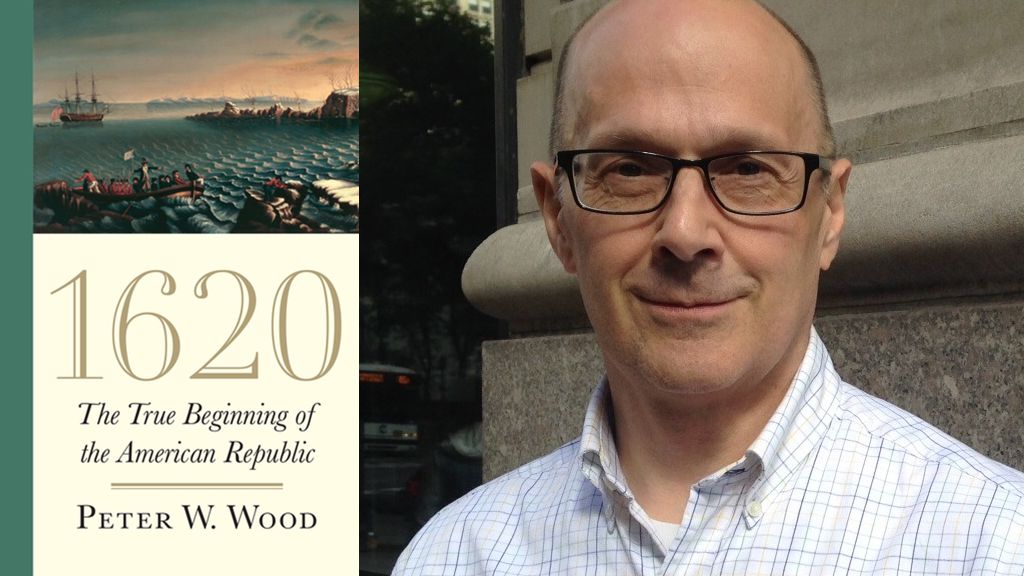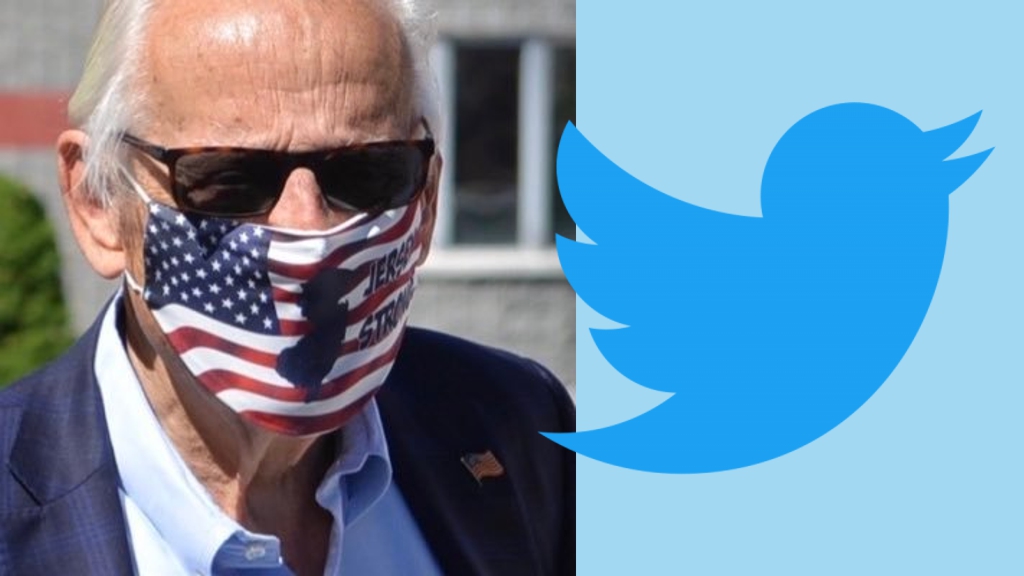When and where was America founded? Was it in Virginia in 1619, when a pirate ship landed a group of captive Africans at Jamestown? So asserted the New York Times in August 2019 when it announced its 1619 Project. The Times set out to transform history by tracing American institutions, culture, and prosperity to that pirate ship and the exploitation of African Americans that followed. A controversy erupted, with historians pushing back against what they say is a false narrative conjured out of racial grievance.
1620: A Critical Response to the 1619 Project sums up what the critics have said and argues that the proper starting point for the American story is 1620, with the signing of the Mayflower Compact aboard ship before the Pilgrims set foot in the Massachusetts wilderness. A nation as complex as ours, of course, has many starting points, most notably the Declaration of Independence in 1776. But the quintessential ideas of American self-government and ordered liberty grew from the deliberate actions of the Mayflower immigrants in 1620.
Schools across the country have already adopted the Times’ radical revision of history as part of their curricula. The stakes are high. Should children be taught that our nation is a four-hundred-year-old system of racist oppression? Or should they learn that what has always made America exceptional is our pursuit of liberty and justice for all?
Editorial Reviews
Review
“Peter Wood’s pushback against the 1619 Project is at once sharp, illuminating, entertaining, and profound. More than a powerful exposé of the 1619 Project’s mendacity, Wood’s 1620 explains why so many Americans have succumbed to this exercise in manipulation¬―and shows the way to fight back.”
―Stanley Kurtz, senior fellow, Ethics and Public Policy Center
“Via Peter Wood, the ‘civil body politic’ of the Mayflower Compact reasserts itself in the national conversation. 1620 is a dispassionate, clear reminder that the best in America’s past is still America’s best future.”
―Amity Shlaes, chair, Calvin Coolidge Presidential Foundation
“With elegant precision Peter Wood dismantles the edifice ostentatiously called a ‘reframing’ of American history, the 1619 Project. He deftly exposes the jumble of lies, half-lies, logical fallacies, bad history, and bad faith of a project motivated by greed and hatred of America. For anyone who cares about history, education, truth, and the United States of America, 1620 is essential reading.”
―Mary Grabar, resident fellow, Alexander Hamilton Institute for the Study of Western Civilization
“Peter Wood’s 1620 claims the prize as the most comprehensive response to the ill-fated 1619 Project. In a thorough review of the text, Wood accounts for every argument for and against. He appropriately honors the Project’s intention to pursue a mission of redress, while nevertheless pinpointing its consistent resort to misrepresentation that cannot be dismissed as merely different interpretation. Wood identifies the heart of the matter: Surely there are ways to incorporate a forthright treatment of slavery, racism, and the black experience into the story of America’s rise as a free, self-governing, creative, and prosperous nation. The key to doing that is to put the pursuit of the ideals of liberty and justice at the center of the story. The 1619 Project failed in that for the sufficient reason that its purpose was cultural shakedown, not cultural affirmation. That is made plain in this necessary work.”
―William Allen, emeritus dean and professor, Michigan State University
“Peter Wood’s survey of the landscape of scholarly criticism has provided a valuable service, both in assessing the heated historical debates around the 1619 Project and by offering readers an accessible roadmap with which to navigate its many controversies. Unfortunately the New York Times has thus far conspicuously avoided the most salient criticisms of its work. This helpful guide masterfully curates the scholarly scrutiny that the newspaper evaded and ignored, equipping the reader to approach the 1619 Project with a discerning eye for evidence-based history.”
―Phillip W. Magness, senior research fellow, American Institute for Economic Research
“Those of us who remain attached to the principles of the Founding need to read 1620: A Critical Response to the 1619 Project with both care and gratitude. For Peter Wood, like a highly trained commando, has advanced to the front lines to clear away the dangerous rubbish put forth by the 1619 Project. With critical skill and in clear prose, he has opened multiple avenues of assault on a misguided enterprise that in trying to rewrite history deserves to end up on its ash-heap.”
―Robert Paquette, president, The Alexander Hamilton Institute, emeritus professor of history, Hamilton College
“The 400th anniversary of the first landing of enslaved Africans at Jamestown could have been a great and unifying moment for America. It could have reinforced the assertion of African American scholar W.E.B. DuBois that “before the Pilgrims landed we were here,” meaning that people of African descent have always been a part of American history, and helped all Americans to see that their climb toward equality and dignity is a vital strand of that history. But instead the New York Times’ 1619 Project took its bearings from the opposite view: that there has never been a place for African Americans in that larger American history, because racism was embedded in the American DNA at the beginning. Such a view is both historically false and morally corrosive, as Peter Wood demonstrates in this superb, well-researched, fair-minded, and surprisingly elegant book. Anyone who cares about these matters will need to read it. All Americans ought to.”
―Wilfred McClay, Blankenship Chair in the History of Liberty, University of Oklahoma
About the Author
Peter W. Wood is president of the National Association of Scholars. A former professor of anthropology and college provost, he is the author of several books about American culture, including Diversity: The Invention of a Concept (2003) and A Bee in the Mouth: Anger in America Now (2007). He is editor-in-chief of the journal Academic Questions and a widely published essayist. In 2019, he received the Jeane Kirkpatrick Prize for contributions to academic freedom.








